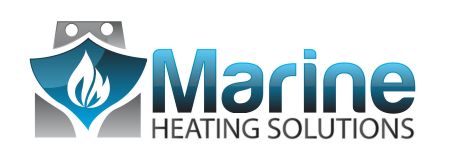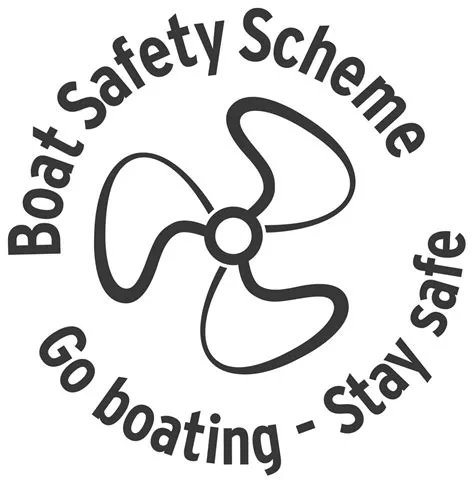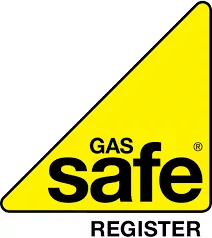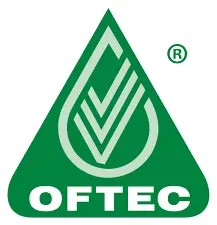As urban smoke-controlled zones tighten and environmental regulations evolve, many boat owners are switching from traditional solid fuel to marine diesel stoves. However, a common and dangerous error in these retrofits is reusing the existing flue system.
While a simple “Chinese Hat” cowl works for a wood burner, a diesel vaporising burner requires a specialised anti-downdraft cowl to function safely and efficiently.
1. Why Solid Fuel Cowls Fail on Diesel Stoves
Solid fuel stoves operate with a high-temperature ember bed that creates a strong, natural upward draft. Even if a gust of wind enters the flue, it rarely extinguishes the fire.
Marine diesel stoves (such as Refleks or Bubble) work differently:
- Vaporising Burners: These stoves maintain a thin film of fuel in the burner pot. This fuel turns to vapour and burns as it rises.
- Sensitivity to Pressure: Without a dedicated anti-downdraft cowl, a sudden crosswind can push air down the flue, “snuffing out” the delicate vapour flame instantly.
2. The Safety Risk: Preventing Fuel Overflow
The greatest danger of using the wrong cowl isn’t just a cold boat—it’s a potential fire or environmental hazard.
Many traditional marine diesel stoves are non-thermocouple devices. This means that if the flame is extinguished by a downdraft, the fuel control valve (like a Toby or BM valve) does not know the fire is out. It will continue to drip diesel into the burner pot.
- The Overflow Hazard: Once the burner pot fills, the diesel can overflow into the cabin or the bilges.
- Compliance: Ensuring your flue meets manufacturer specifications is a core component of achieving a Boat Diesel & Oil Appliance Certificate and passing your BSS Examination.

3. Selecting the Right Cowl for Your Environment
Not all anti-downdraft cowls are created equal. The design should match your cruising grounds:
- Inland Waterways: Typically uses a standard H-cowl or “jet” cowl designed for moderate gusts found on canals and rivers.
- Coastal & Offshore: Requires high-performance cowls (often specialised stainless steel designs from manufacturers like Dickinson or Refleks) that can handle the extreme wind speeds of open water.
Professional Installation & Standards
Every installation we perform at Marine Heating Solutions adheres to the manufacturer’s technical data and the general principles of BS EN ISO 14895:2016 (Liquid fuel heaters for marine use).
Don’t risk your safety by “making do” with old flue parts. Ensure your diesel stove is equipped with the correct anti-downdraft protection to keep your flame stable and your boat safe.





Comments are closed.